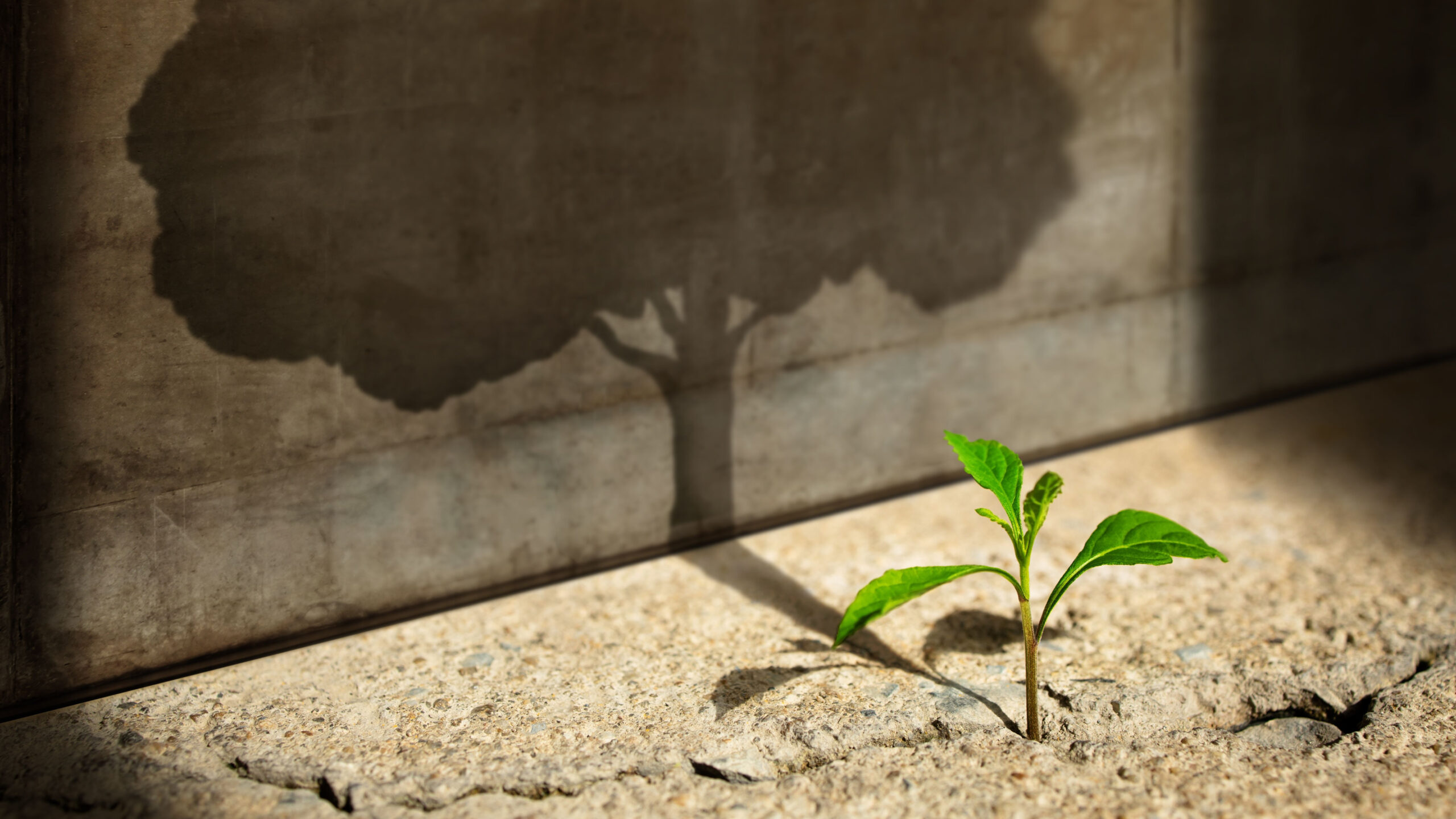Taylor Swift, Beyoncé, Weird Al and #NewRules for Music Distribution Models
Despite inexplicable opposition from certain outliers, it’s becoming widely accepted that the Internet enables and democratizes creativity and its dissemination more than ever before.
Earlier this week, Taylor Swift released her new single, Shake It Off, complete with a music video, and announced the release date for her forthcoming pop album, 1989. She did so in front of an audience, webcast live online. In Ms. Swift’s own words, “they’re telling me we’re making history because this is the first ever worldwide live stream for ABC and Yahoo to get together and I’m so excited I can’t even!” (It’s not clear whether she meant that it’s the first ever worldwide live stream for an album date announcement/single release party, or the first ever worldwide live stream for these companies together, or what, but her enthusiasm was contagious, and her fans didn’t seem to care.) In the view of Claire Suddath, a writer for Businessweek, however, Taylor Swift followed all the rules and everything about this was completely expected.
This was contrasted with Beyoncé’s now-legendary promotion-free drop of her “visual album” Beyoncé on Instagram at midnight in December (which she later followed up with an equally unexpected promotion-free remix of ***Flawless, released over social media at midnight a few weeks ago). “Weird Al” Yankovic did something similar this summer too, although he pointed out that he did it with his last album, before Bey, and that she was in fact ‘doing a Weird Al.’ While none of these examples involved displacing intermediaries and selling to fans directly like Louis C.K., Weird Al did notably take advantage of different video sites for each daily exclusive video release.
Taylor is more forward-thinking than that Businessweek article acknowledges, as evidenced by her (now-paywalled) vision for the future of music in the Wall Street Journal. Techdirt’s analysis of Swift’s op-ed explains that, despite a perhaps questionable economic argument, she gets that musicians will thrive by connecting with fans and providing unique experiences. And T-Swift is all about that. Just this August, in addition to Tuesday’s worldwide live stream, she threw a pizza party for fans in her apartment, gave a fan money for Chipotle, left a long heartfelt comment on a fan’s Instagram (it’s been confirmed that she runs her own Instagram account), and featured fans in her video, chosen through social media. Seriously.
So even though Taylor Swift may not be completely reinventing the wheel with her album release strategy, she still demonstrably takes advantage of the Internet to connect with people, in person and virtually, and share her art. And that’s important, and new. The assertion that Swift is just following the rules implicitly assumes that the rules remain the same. They don’t. As Beyoncé’s husband put it in a video last summer, “the Internet is like the wild west. The wild wild west. We need to write the new rules.” He followed that up with an impromptu Twitter chat about #newrules. When the rules are this new—or still unwritten—how is it possible to assess who is following or not breaking them? It’s not.








